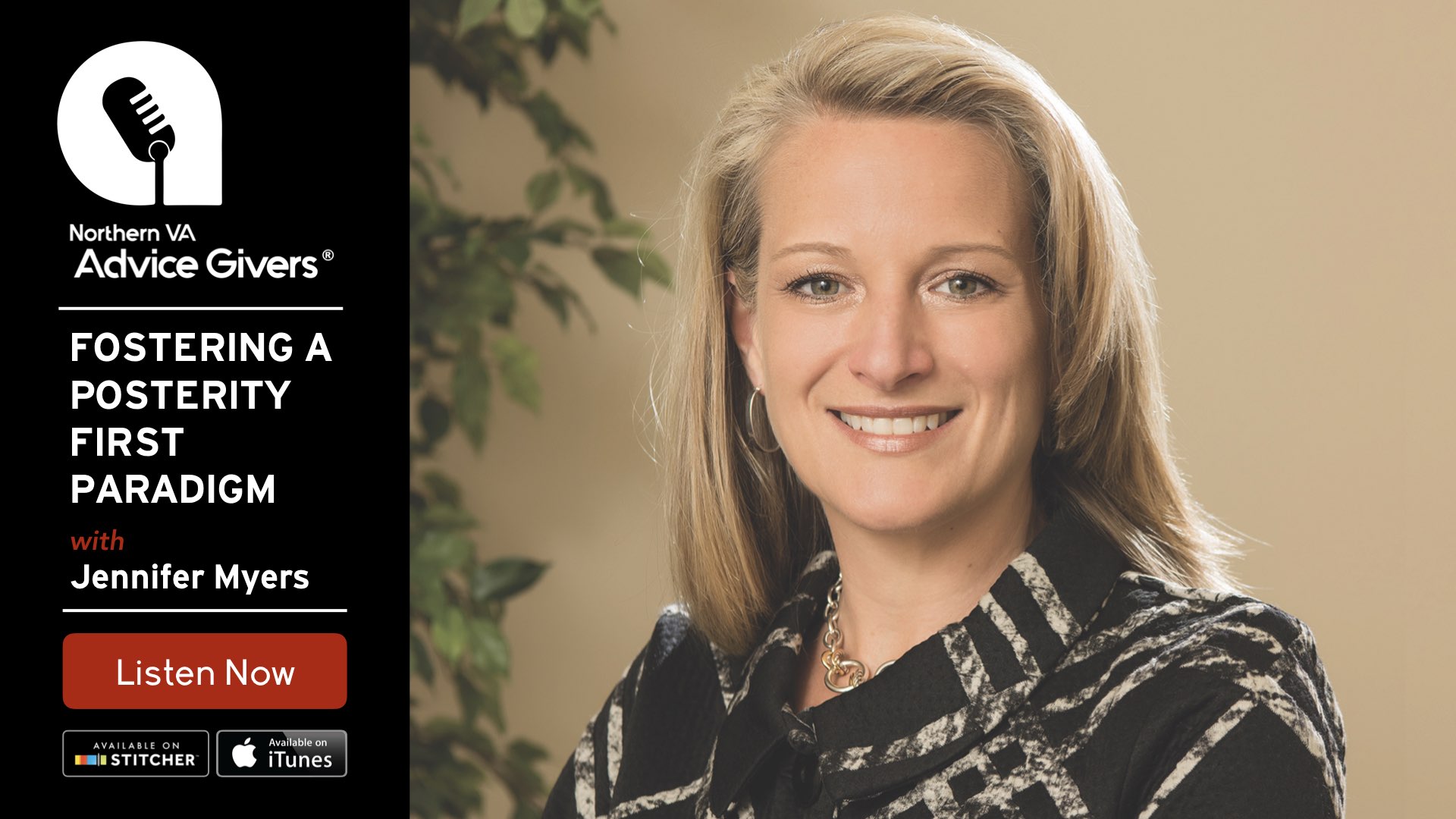
SageVest Wealth Management
Jennifer Myers is the CEO of SageVest Wealth Management and SageVest Wealth Kids. SageVest Wealth Management helps individuals, families, and small business owners to look at their long term objectives, manage their investment portfolio several layers deeper, and look at every aspect of their financial situation to help them achieve their goals. SageVest prides themselves on getting to know their clients well and helping them to connect with their wealth in meaningful ways.
SageVest Wealth Management sits down with their clients every year to look at the big picture – an overview of income, taxes, both large and small expenses, etc. What clients often neglect to include in their plan are unexpected expenses. Life gets in the way, which is the biggest roadblock to saving for most people. They pay attention to the collection of all their bills, but they usually aren’t ready for unplanned expenses to come along and mess with their financial rhythm. “You have to plan for the budget busters,” says Jennifer. “It’s the life we live.”
SageVest Wealth Kids
Jennifer is a firm believer that finance education should begin at an early age and that many people are lost in some of the fundamentals of money because of an expanding lack of this knowledge development. “Even if you have a semester long or year long class at school, that does not exceed or replace what you learn from your parents because that’s the most fundamentally important element,” argues Jennifer. She believes that the time has come for a paradigm shift; discussions about money feel taboo amongst families despite their vital role in setting the stage for a successful future.
SageVest Wealth Kids breaks financial education down into consumable information based on age groups. They offer programs for children as young as three years old and advance the curriculum incrementally in two to three age segments to “overlay the developmental component with what children need to learn and the total knowledge that needs to be gained by age 18 when they’re heading off to college.” Jennifer stresses the importance of understanding where a child is developmentally and speaking to them in a language they understand so that they can start to see how they can really apply what they’re learning to their future.
A Message to Parents
Jennifer recommends communicating to children on a level they will easily comprehend and relate to. “Kids love technology, so I really advocate: embrace it and utilize it for teaching your kids long term, but it’s still fundamentally important to start with showing them a coin and a dollar bill so that they can conceptualize it when they’re younger.”
Another key aspect of financial education is ensuring children have the experience of working. “You have to learn that effort equates to success,” states Jennifer. “That is true with your school work, and that is true with real life, so you have to learn it fundamentally at the baseline.” Establishing a work ethic is essential to the development of kids being able to go off on their own and pursue careers.
It’s also a good idea to give children a realistic understanding of how much various life expenses are so that the concept of earning money has a defined purpose and so they can start to collect expectations of what they will need to accomplish in order to live the life they want. “We somehow have forgotten the most important crux of this equation,” Jennifer speculates. “You’re about to set your kids loose in the world. If they have no idea what a cell phone bill costs…if they have no idea what it costs to fill up the gas tank, let alone pay the insurance premium or buy the clothing that they have on their backs, then they don’t have a sense when they get their first paycheck how to allocate it.”
Planning to Save
Regardless of your financial standpoint, there is always a way to build upwards with the right mindset. “Putting your head in the sand is not the answer,” laughs Jennifer. “You have to get a sense of, ‘Where am I now?’ and then, ‘How can I redirect the ship to get to where I need to be?’” There comes a time in everyone’s life where you have to “get real with yourself and put a plan in place.”
Jennifer recommends putting aside a designated amount into automated savings with every paycheck. “Pay yourself first,” she says. “I recommend 15-20% which is vastly in excess of what most people are saving today, and it’s why we are having a retirement crisis.” The more consistently you can save in the background, the less likely you are to be hit hard by unexpected expenses or come up short for retirement savings.
Reaching Out
In order to get kids signed up, SageVest must first communicate to parents the importance of financial literacy throughout childhood development. To get the word out, the wealth management firm advertises the program on their website and blog, sparks discussions through public initiatives such as podcasts, and reaches out to various media outlets. Learn more at at www.sagewealth.com.



